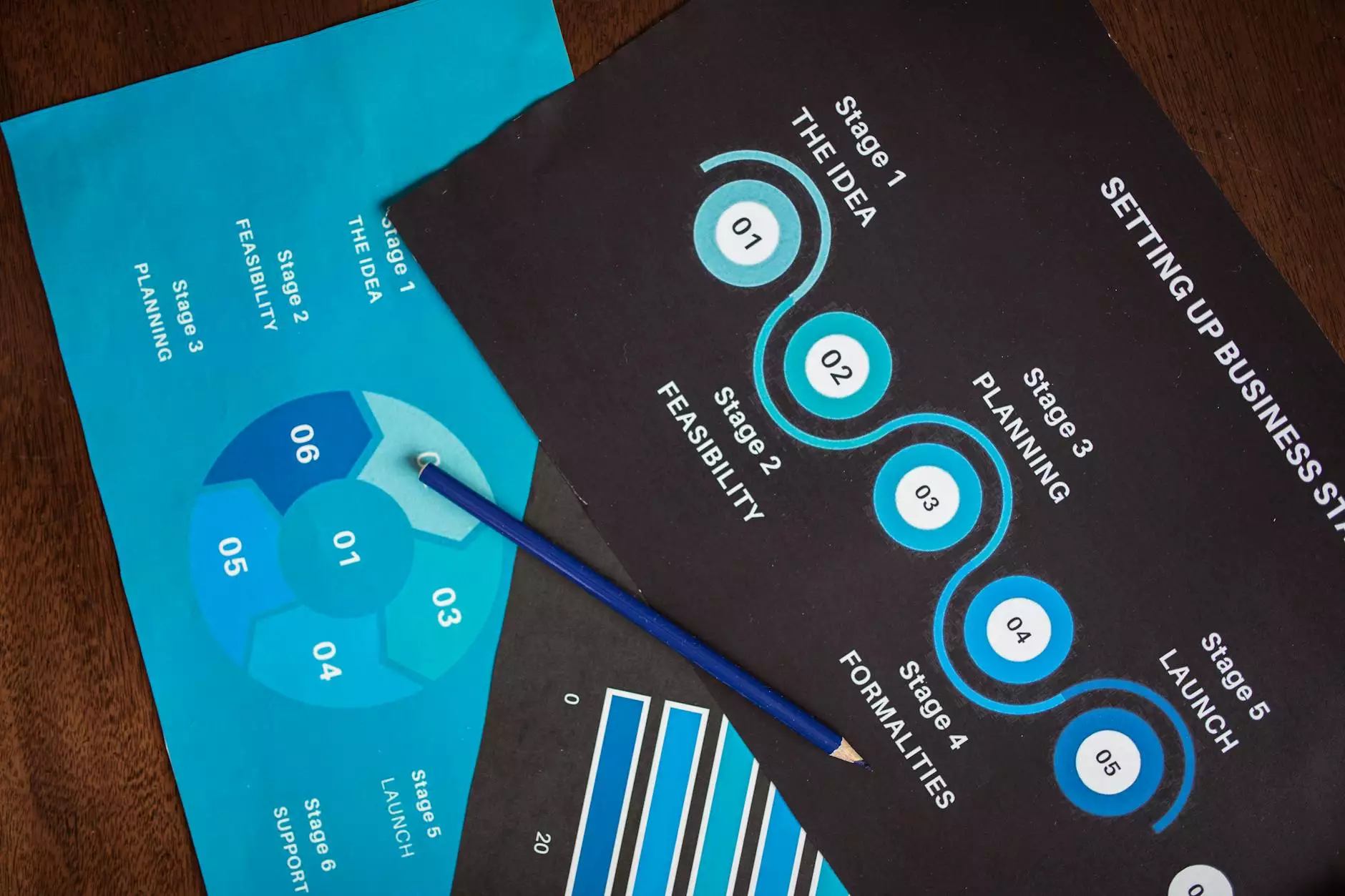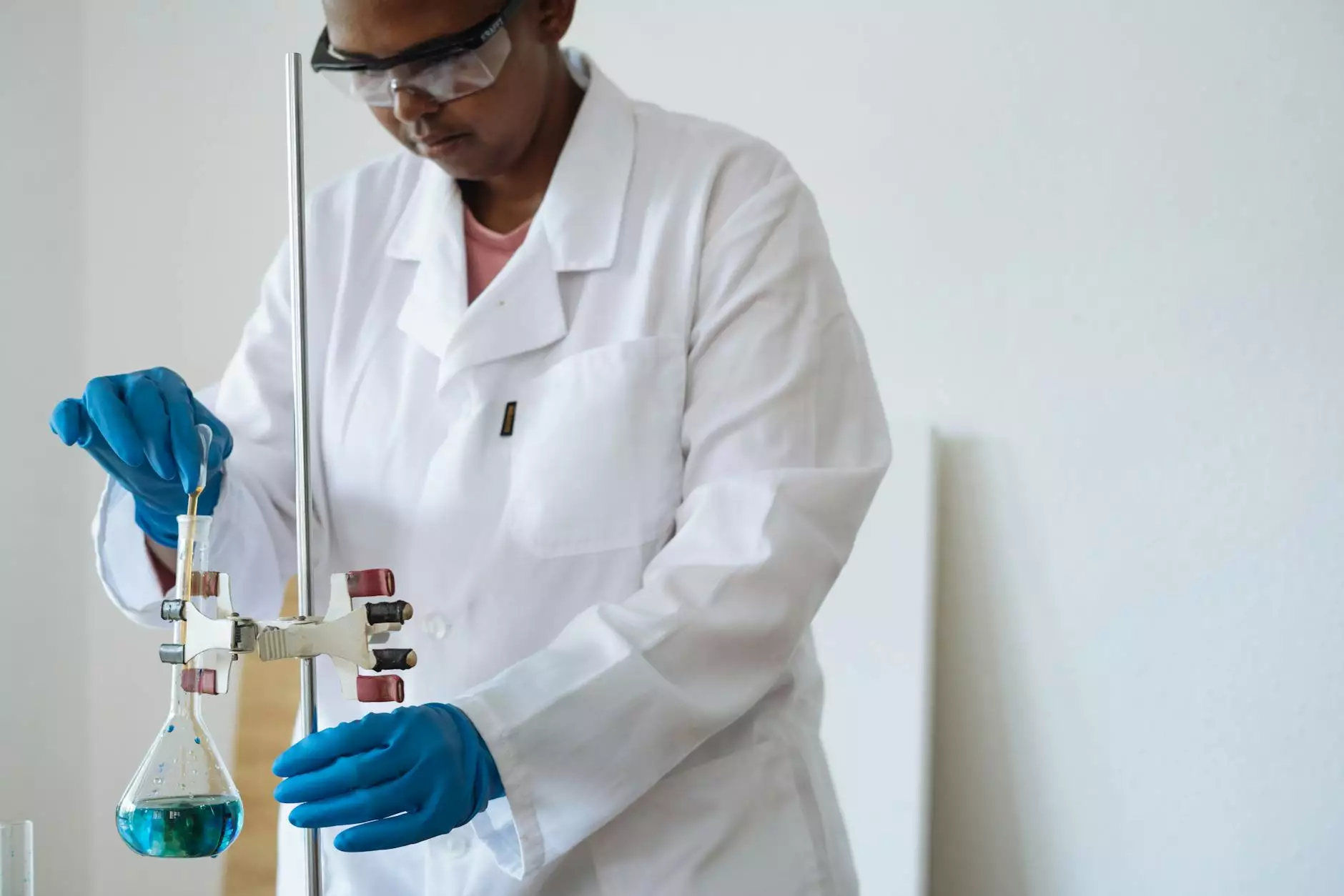The Risks of a Hysterectomy

Introduction
When it comes to women's health, the decision to undergo a hysterectomy is one that should be carefully considered. A hysterectomy is a surgical procedure performed by experienced doctors in the field of obstetrics and gynecology. It involves the removal of the uterus, and sometimes the cervix, fallopian tubes, and ovaries. While a hysterectomy may be necessary for certain medical conditions, it is essential to understand the potential risks and complications associated with this procedure.
Understanding the Need for a Hysterectomy
Before delving deeper into the risks, let's briefly discuss the reasons why a woman may need a hysterectomy. Some common conditions that may require this procedure include:
- Uterine fibroids: Noncancerous growths in the uterus that can cause pain and heavy bleeding.
- Endometriosis: A condition where the tissue lining the uterus grows outside of it, leading to severe pain and fertility issues.
- Uterine prolapse: The weakening of the pelvic floor muscles that causes the uterus to sag or slip from its normal position.
- Adenomyosis: A condition in which the tissue lining the uterus grows into its muscular wall, causing heavy bleeding and pain.
- Gynecologic cancer: In cases where cancer is present in the uterus, cervix, ovaries, or fallopian tubes, a hysterectomy may be necessary to remove these affected organs.
It's important to consult with a skilled medical professional and thoroughly explore alternative treatments before deciding on a hysterectomy.
Potential Complications and Risks
While a hysterectomy can offer relief from various medical conditions, like any surgery, it carries certain risks. It's crucial to be aware of these potential complications:
1. Infection
As with any surgical procedure, there is a risk of infection. Your doctor will take all necessary precautions to minimize this risk, such as administering antibiotics before and after the surgery.
2. Bleeding
Bleeding during and after surgery is normal, but excessive bleeding can occur. In some cases, a blood transfusion may be necessary. Your doctor will closely monitor you for any signs of excessive bleeding.
3. Blood Clots
A risk associated with major surgeries is the formation of blood clots. These clots can potentially travel to the lungs, causing a life-threatening condition called pulmonary embolism. Early mobilization and prescribed medications can help reduce the risk of blood clots.
4. Damage to Surrounding Organs
During a hysterectomy, there is a possibility of unintentional damage to nearby organs such as the bladder, ureters, and bowel. Surgeons take great care to avoid this, but it is still considered a risk.
5. Adverse Reactions to Anesthesia
Anesthesia is generally safe, but in rare cases, individuals may experience allergic reactions or other complications. Before your surgery, the anesthesiologist will evaluate your medical history and take precautions to ensure your safety during the procedure.
6. Early Menopause
If the ovaries are removed during the hysterectomy (oophorectomy), it can induce early menopause. This sudden hormonal change may lead to symptoms such as hot flashes, mood swings, and an increased risk of osteoporosis. Hormone replacement therapy (HRT) can help alleviate these symptoms.
7. Sexual Function and Emotional Impact
For some women, a hysterectomy can have an impact on sexual function and emotional well-being. It's important to have open and honest discussions with your doctor to address any concerns or questions you may have.
Making an Informed Decision
When considering a hysterectomy, it is essential to have a clear understanding of the benefits and risks associated with the procedure. Seek multiple professional opinions and discuss alternative treatments whenever possible. The right doctor, specializing in obstetrics and gynecology, will provide you with guidance tailored to your specific medical condition and overall health.
Take control of your health and choose a highly skilled team of doctors who are dedicated to women's well-being. At DrSeckin, we specialize in obstetrics, gynecology, and reproductive surgery. Our experienced surgeons will provide you with compassionate care, thorough guidance, and support throughout the entire process.
Remember, while the risks associated with a hysterectomy are important to understand, they should not overshadow the potential benefits and improved quality of life that this procedure may offer to women experiencing certain medical conditions. Consult with a trusted medical professional to make an informed decision that aligns with your unique health needs and goals.
risks of a hysterectomy








